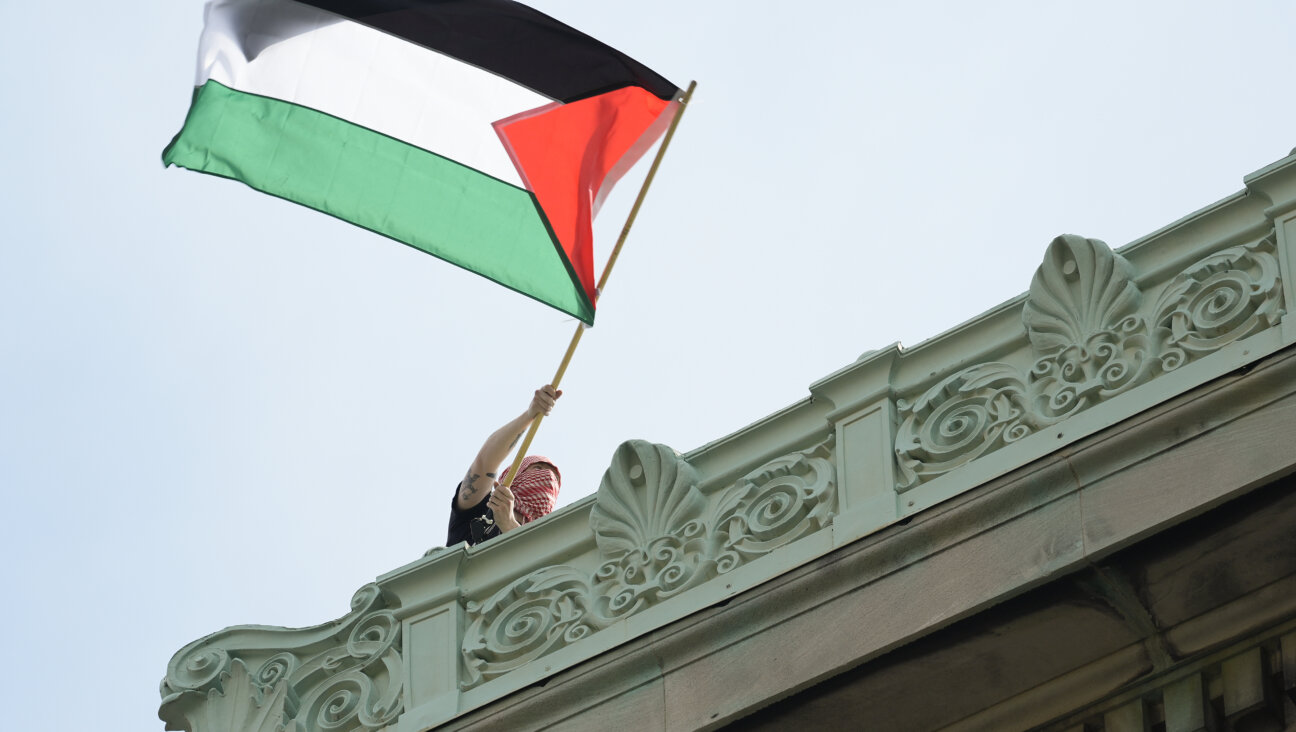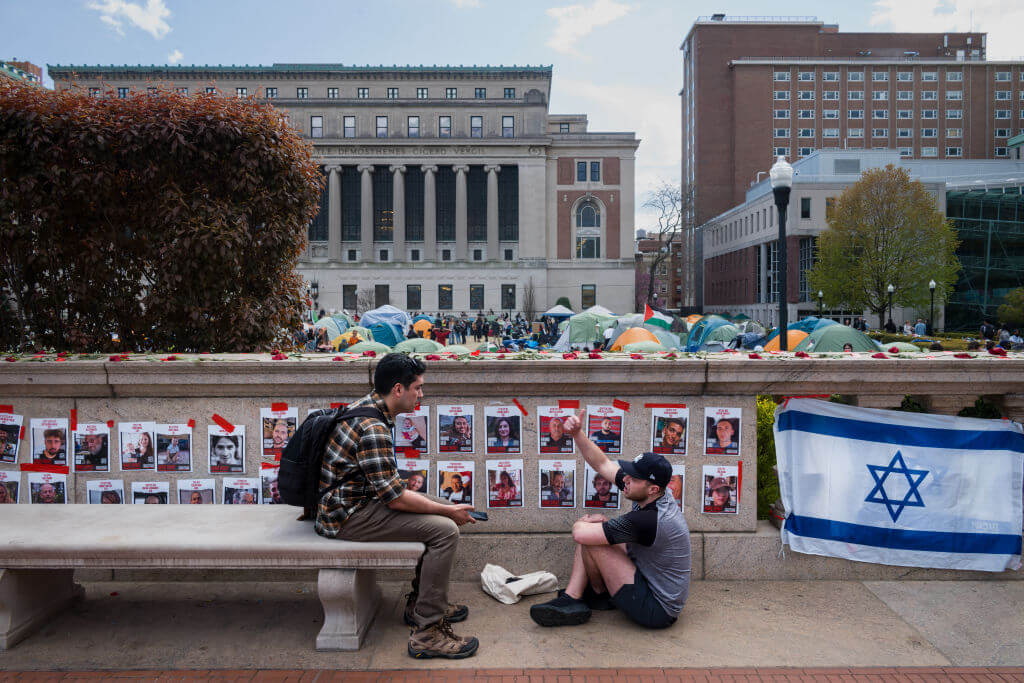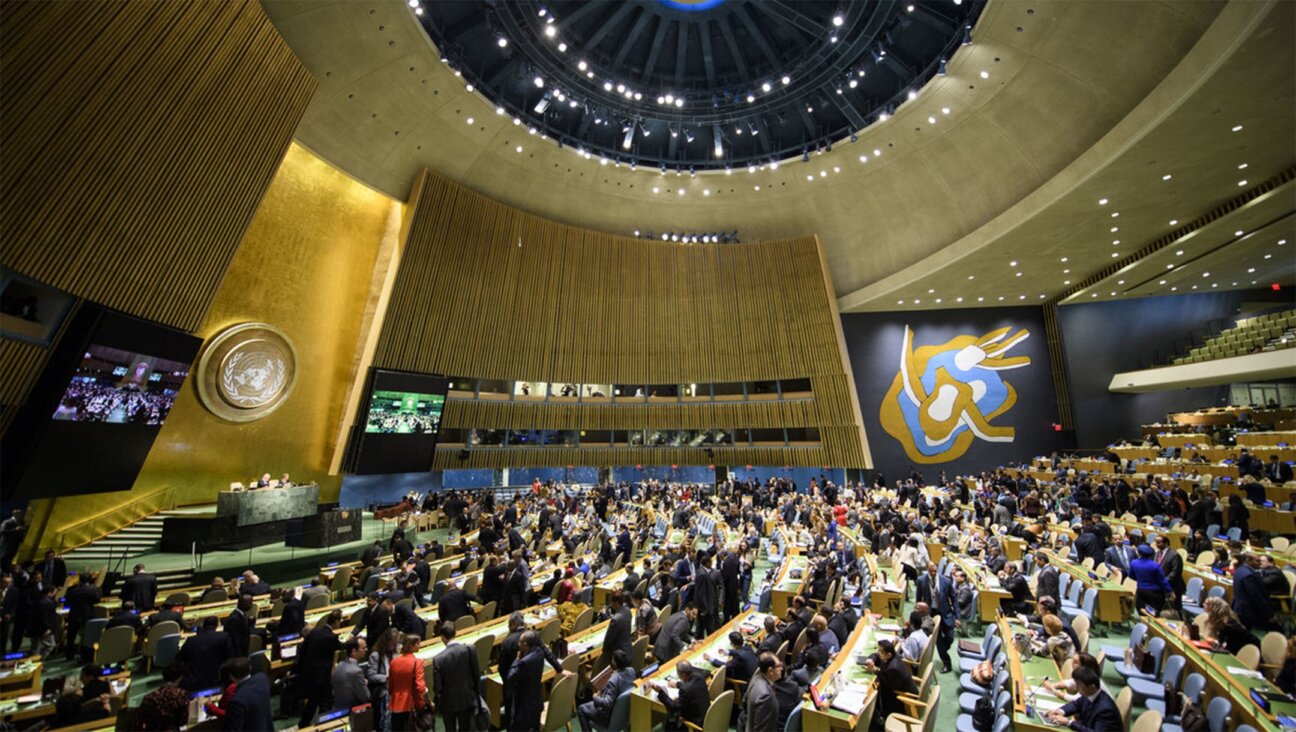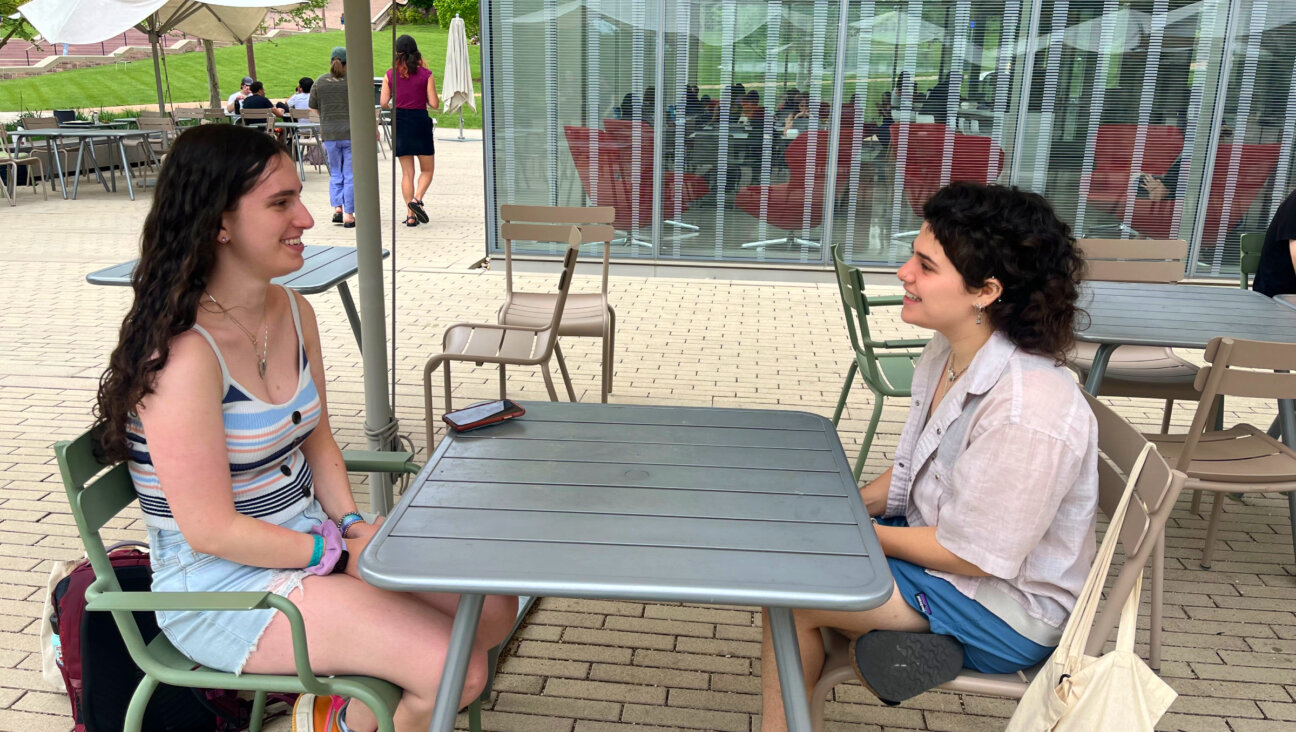Aly Raisman Says Banning Leotards Won’t Stop Sex Abuse

Image by Getty Images
Back-to-back Olympic gold medalist Aly Raisman’s tumbling passes are nearly unparalleled. Her winning floor routine begins with a roundoff one-and-a-half step out into a roundoff back handspring followed by an Arabian double front, finishing in a punch layout.
Not to be outdone, critics of Raisman’s historic justice work have contorted themselves into backflips and handsprings to try to suggest that athletes can prevent their own sexual assault by ceasing to wear leotards. And Raisman is taking down their rhetoric with a punch layout.
Raisman, who has become the most prominent voice in the USA Gymnastics sexual abuse scandal, in which the Olympic team doctor Larry Nassar was accused of sexually abusing over 250 young gymnasts, refuted the claim on social media on Sunday.
“I was recently asked if gymnasts should continue wearing leotards,” she tweeted. “Leotards r not the problem. The problem is the many pedophiles out there & the adults who enable them. By saying clothing is part of the issue, u are victim shaming/implying survivors should feel it’s their fault.” That is an awfully kind way for an outspoken survivor of sexual abuse to explain to adult humans that sexual abuse isn’t caused by fabric tightness.
I was recently asked if gymnasts should continue wearing leotards. Leotards r not the problem. The problem is the many pedophiles out there & the adults who enable them. By saying clothing is part of the issue, u are victim shaming/implying survivors should feel it’s their fault.
— Alexandra Raisman (@Aly_Raisman) March 25, 2018
Raisman recently gave a victim impact statement at Nassar’s trial, where he was convicted of sexual abuse and sentenced to up to 175 years in prison. She has emerged as a vocal advocate for young women, athletes, and survivors of sexual abuse. In an additional tweet she urged readers who are not familiar with the concept of “victim blaming” to become more educated by looking into the campaign Flip the Switch, which Raisman started to send adults involved in athletics to training programs that help them learn to recognize signs of sexual abuse and protect children.
And as she does this vital work, she wears whatever she wants.
Jenny Singer is a writer for the Forward. You can reach her at [email protected] or on Twitter @jeanvaljenny

I hope you appreciated this article. Before you go, I’d like to ask you to please support the Forward’s award-winning, nonprofit journalism during this critical time.
Now more than ever, American Jews need independent news they can trust, with reporting driven by truth, not ideology. We serve you, not any ideological agenda.
At a time when other newsrooms are closing or cutting back, the Forward has removed its paywall and invested additional resources to report on the ground from Israel and around the U.S. on the impact of the war, rising antisemitism and the protests on college campuses.
Readers like you make it all possible. Support our work by becoming a Forward Member and connect with our journalism and your community.
Make a gift of any size and become a Forward member today. You’ll support our mission to tell the American Jewish story fully and fairly.
— Rachel Fishman Feddersen, Publisher and CEO
Join our mission to tell the Jewish story fully and fairly.
























